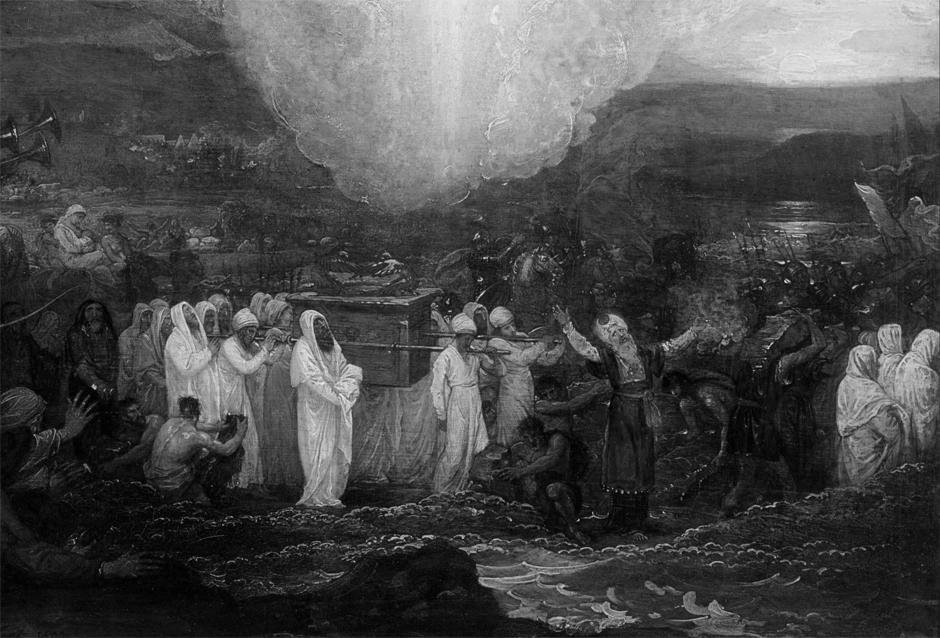How was the Covenant of Grace Administered Under the Old Testament?

How was the Covenant of Grace Administered Under the Old Testament?
Westminster Larger Catechism
Q. 34. How was the covenant of grace administered under the Old Testament?
A. The covenant of grace was administered under the Old Testament, by promises, prophecies, sacrifices, circumcision, the Passover, and other types and ordinances, which did all fore-signify Christ then to come, and were for that time sufficient to build up the elect in faith in the promised Messiah, by whom they then had full remission of sin, and eternal salvation.
Rom. 15:8; Acts 3:20, 24; Heb. 10:1; Rom. 4:11; 1 Cor. 5:7; Heb. 8-10, 11:13; Gal. 3:7-9, 14.
This profound inquiry beckons us to explore the means by which God's people, before the advent of the Messiah, were able to partake of the life-giving covenant of grace. To address this question, we shall delve into the biblical account and examine various key concepts.
As we contemplate the administration of the covenant of grace, it is important to recognize that the Old Testament saints were not left without hope or means of salvation. Rather, they were sustained by the very same covenant of grace that finds its ultimate fulfillment in Jesus Christ, the Promised One. The covenant of grace was administered under the Old Testament through promises, prophecies, sacrifices, circumcision, the Passover, and other types and ordinances (Rom. 15:8; Acts 3:20, 24; Heb. 10:1).
These sacred means served as vivid prefigurations of the Messiah who was to come. They foreshadowed and pointed to Christ in a manner that was sufficient to build up the elect in faith (Rom. 4:11; 1 Cor. 5:7; Heb. 8-10, 11:13). By the grace of God, through faith in the promised Messiah, the Old Testament saints were granted full remission of sin and eternal salvation (Gal. 3:7-9, 14).
Consider, for instance, the promises made to the patriarchs, such as those given to Abraham, which declared that through his offspring, all nations would be blessed (Gen. 12:1-3). These promises engendered faith in the hearts of God's people, providing assurance of the coming Redeemer.
Moreover, the prophetic word, as proclaimed by the likes of Isaiah and Jeremiah, illumined the hearts of the faithful with visions of the suffering Servant and the New Covenant to be established in Christ (Isa. 53; Jer. 31:31-34). Such prophetic utterances stirred the souls of the Old Testament saints, arousing a longing for the manifestation of the Messiah.
The sacrificial system, as ordained by God, also played a crucial role in the administration of the covenant of grace. These sacrifices, though incapable of fully atoning for sin in and of themselves, served as a vivid reminder of the need for a greater Sacrifice (Heb. 10:1-4). In this way, they pointed the faithful to Christ, the Lamb of God who takes away the sin of the world.
Circumcision, as a sign of the Abrahamic covenant, likewise testified to the necessity of an inward, spiritual cleansing that would ultimately be accomplished by Christ (Rom. 4:11). And the Passover, with its commemoration of God's deliverance of Israel from Egyptian bondage, foreshadowed the greater redemption to be wrought by Christ in delivering His people from the bondage of sin (1 Cor. 5:7).
Thus, it becomes evident that the Old Testament, far from being devoid of grace, was replete with types and ordinances that administered the covenant of grace to the elect. These sacred means, though now superseded by the glorious realities they prefigured, testify to the faithfulness of God in every age, providing a profound reminder of His unchanging love and mercy. As we ponder the richness of the Old Testament and the manifold ways in which the covenant of grace was administered to the saints of old, let us rejoice in the eternal wisdom of our Triune God and His wondrous plan of redemption.
